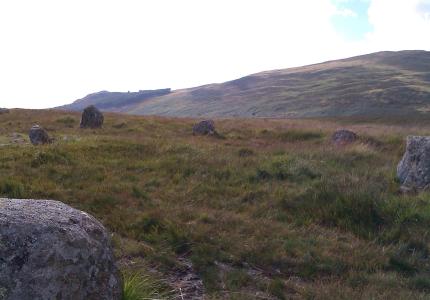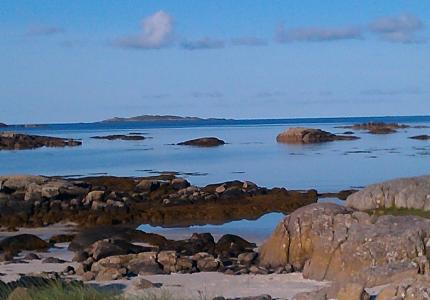There have been a number of changes to the MPs in the UK Parliament featured in the media over quite a large part of 2023. Some of these have already taken place, but the majority are still in the offing. I want to write here about one that has affected me more than most. Given the subjects I have covered in blogs here over the last few years, it perhaps won’t come as a surprise that it is the announcement by Caroline Lucas that she will not stand again at the next election. However, my reasons for this are perhaps not the ones that you might expect.
Climate change
I have been having various thoughts since the end of COP26. To be honest, most of these are not directly connected with what was happening at this climate conference. I say that because much of what took place in terms of negotiations and announcements reflected arenas to which I don’t have direct access. The dynamics operating may well reflect interpersonal relationships more than might be expected, but they are not something that I can claim to be able to influence.
For some years, I’ve wondered if the ecological movement would benefit from some sort of “anthem”. Part of the potential value of this would be something that used music to unite, inspire and galvanise people. That sense has only increased during protests such as the school strike movement. COP26 has inspired me to re-visit this and I’ve written the following. I have tried setting it to music, but I’m not sure that I’m going to get to a point I’ll be happy enough with that to share it.
Some of the focus within COP26 has been about the use of fossil fuels. I can remember attending a conference in the mid-1990s where one of the speakers, Hermann Scheer, said something that I have never completely forgotten, but of which I have been reminded recently. (It is also only latterly that I have been made aware how influential Dr. Scheer was in the growth of solar power in Germany around the turn of the century).
For some weeks I have been wanting to write about a very specific idea. During the Olympics and Paralympics, I was struck over and over again by the discipline needed for those involved to maintain their training regimes and compete at these delayed games, all the more so when there have been occasions in the few months prior to them happening when it was uncertain whether they would go ahead. That was at the same time as having mixed feelings at the resources given over in various ways to these events based on competing with others in order to run faster, jump higher and so on.
Nearly three months ago a report was issued that I have been wanting to write about ever since. I have been limited in my time and ability to work on blogs over this period and so it has had to wait longer than I would like. However, it has meant that I can not only write about the review of the economics of biodiversity written by Partha Dasgupta, a Cambridge economist, but also about two books published since then. About a month ago, Mark Carney published a book about future directions with the title Values.
I’ve not managed to write many pieces over the last few months, but that hasn’t stopped me thinking about various things I want to say! I have started working on pieces on three publications of the last few months. These are the report on the Economics of Biodiversity by Partha Dasgupta, Values by Mark Carney and Bill Gates’ How to Survive a Climate Disaster.
Over the last few months I have blogged on a number of occasions about ideas from Iain McGilchrist’s The Master and His Emissary. One of the main thoughts in this book is the benefit of having a clearer sense of the differing roles of the left and right hemispheres of the brain and seeing how they can work together and yet provide something different from each other. I am starting to write this on the 21st December and there are two aspects to that particular day which bring me back to this theme.
Three weeks ago I listened to an item on the radio which has stayed with me. It was on a news broadcast, the Today programme on Radio 4. One of the presenters interviewed a marine researcher, Michelle Forney, from the University of Cornell Centre for Conservation Acoustics. She talked about making underwater recordings of whales near Juno in the south-east part of Alaska.
In the last post I concentrated on the potential benefits of technology and questioned whether there can be sufficient benefits from this for reversing rises of temperature to make the required difference when it comes to climate change.










